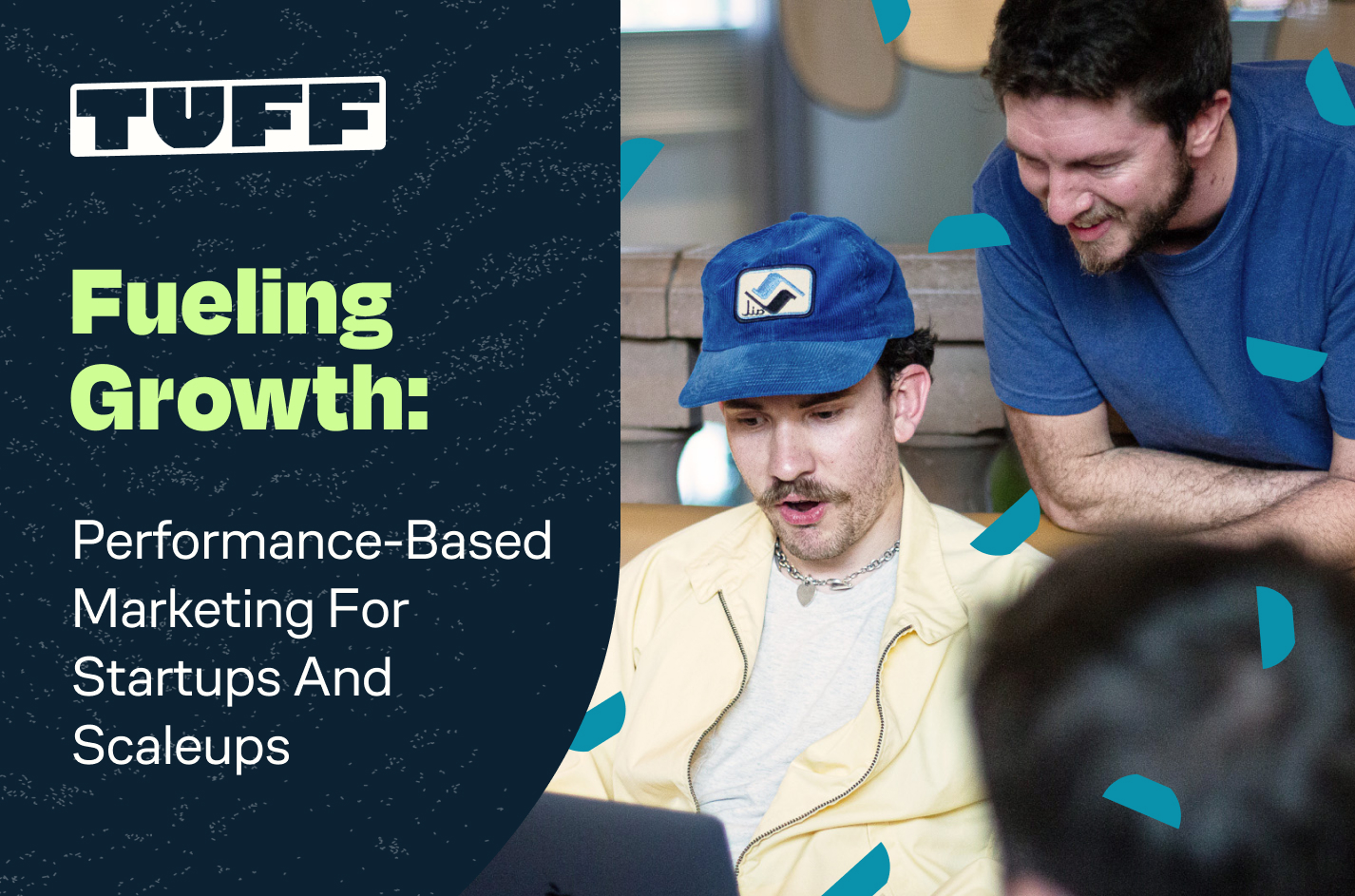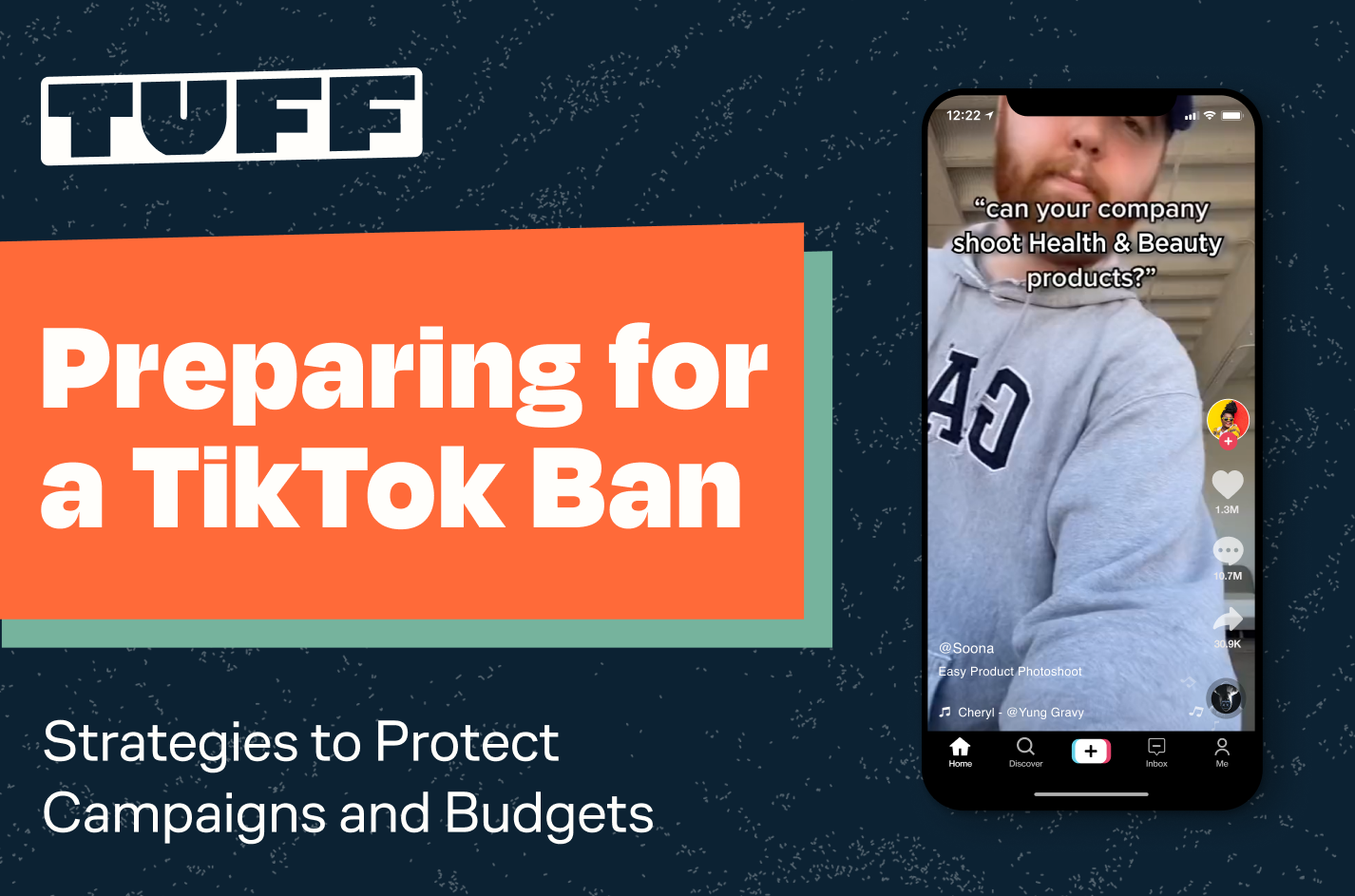How Long Before you See Results from an SEO Content Strategy?
Your website is up and running. You’ve added some basic keywords to your landing pages and posted some thoughtful, organized blog articles. Maybe you even updated your HTML and other technical SEO factors. And yet…nothing. You’re left wondering, “How long does SEO take to start working?”
The answer is: It’s complicated. There are numerous factors that affect your SEO results, and content – while essential – is only one of them.
Organic SEO is a long-term play with a lot of moving pieces. But once the foundation is laid, you’ll be set up for success long into the future.
How long does an SEO content strategy take to show results?
A holistic SEO content strategy will typically take 4 to 6 months to start showing results. The amount of time depends on many different factors, including the current status of your website, your competition, and the resources you have to put into SEO. The quality of your content is also a big factor.
Remember: SEO results are cumulative. While you’ll start to see results in 4 to 6 months, after a year your results will compound even more. A solid, ongoing SEO strategy is the gift that keeps on giving. Have you noticed that certain types of searches always seem to return the same websites, over and over? Once you become a trusted, knowledgeable source in the “eyes” of the search engines, they’ll start amplifying your content automatically.
Why does organic SEO take so long?
There are dozens of ranking factors and signals that determine the overall organic health of your website – and therefore your SEO results. Let’s go over the major ranking factors you need to know about.
Keyword competition
Do you have a unique product, or are there a lot of competitors in your space? The more competition you face, the longer it will take you to rank for those keywords. Selling neon-colored unicycles? Not a lot of competition. Selling kids’ bicycles? Probably really competitive.
Domain age
You can’t get around this fact: If you have a new website that is not as established as your SEO competitors, it will be tougher to rank. New websites automatically have a lower domain authority because the search engines aren’t yet familiar with your content. They also have fewer backlinks pointing to them – one of the signals search engines use to determine the ranking of your site.
On-page factors
On-page SEO includes anything your website visitors see: landing pages, product pages, blogs and so on. This is the most visible part of SEO and likely what you’ve been working on. But it goes beyond cranking out content and hoping for the best. You need to think about quality, duplicate content, hyperlinking, images and more. An on-page SEO analysis is a good place to start.
Technical factors
Technical SEO is the backend of your website. Don’t ignore these factors – they’re an important piece of the SEO puzzle. In fact, page speed optimization is the top tactic marketers use to improve search performance. You should also make sure the search engines can easily crawl your website, understand your site architecture, read your hreflang, and canonicalize your URLs. Sounds like a lot of big words, right? That’s what we’re here for.
Off-page factors
Off-page SEO is often the last factor you think about, but they can make the difference between making page one or being bumped to page two. Your domain authority, bounce rate, geographic location, and target market all affect your off-page SEO. The best ways to improve this category is to work on your backlink strategy, improve your social media presence and create off-page content like guest blogs to increase your authority.
Ever-changing algorithms
Search engines are fickle beasts. Changes in the Google algorithm (that is, the way that Google ranks pages) send SEO specialists everywhere scrambling to update their technical and on-page SEO. Penguin, Panda, EMD (Exact Match Domain), Page Layout Algorithm … the algorithms never stop. Luckily, Tuff is here to help you keep up.
Is an SEO content strategy worth the wait?
In short – yes! There’s a reason that 61% of inbound marketers say that growing SEO/organic presence is their top priority. In second place at 55% is blog content creation, a closely related topic. High-value organic traffic can result in better leads and faster acquisition times, and ultimately helps drive revenue.
While PPC can give you instant results, you have to keep the money pumping. Organic SEO results are sticky: if done right, a good content strategy will keep delivering long after the 4 to 6 months have passed. In fact, we’re living proof. Tuff increased our own organic traffic by 630% over 12 months, which drove a 60% increase in monthly revenue.
The key is that you have to take the time and effort to ensure that your content is fresh, good quality, and a valuable resource for your customers. A growth marketing agency like Tuff can help get your organic SEO on the right track, while also serving other channels and helping you to create a holistic strategy for growth.

Ellen is the founder at Tuff and one of the team’s core growth marketers. She is a versatile marketer with expertise in multiple channels – from ppc to seo to email to others – responsible for the experiments and testing. She is happiest when she’s on the ski hill or outside pointing her mountain bike downhill.






